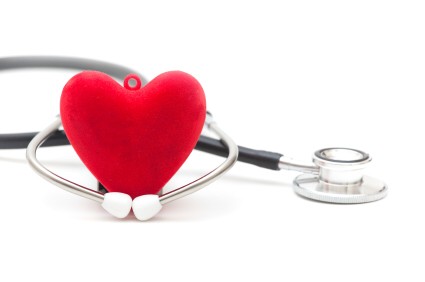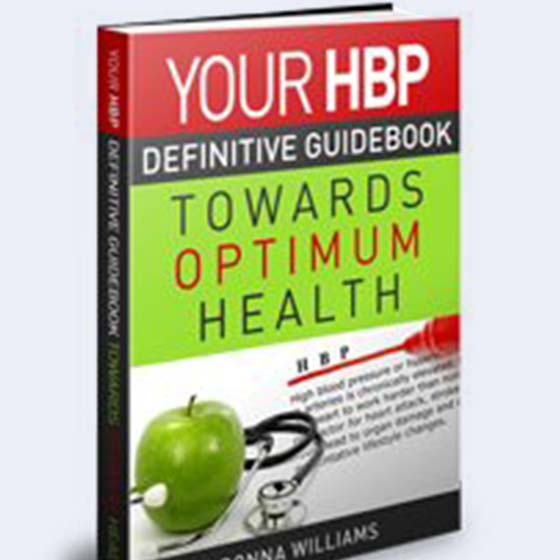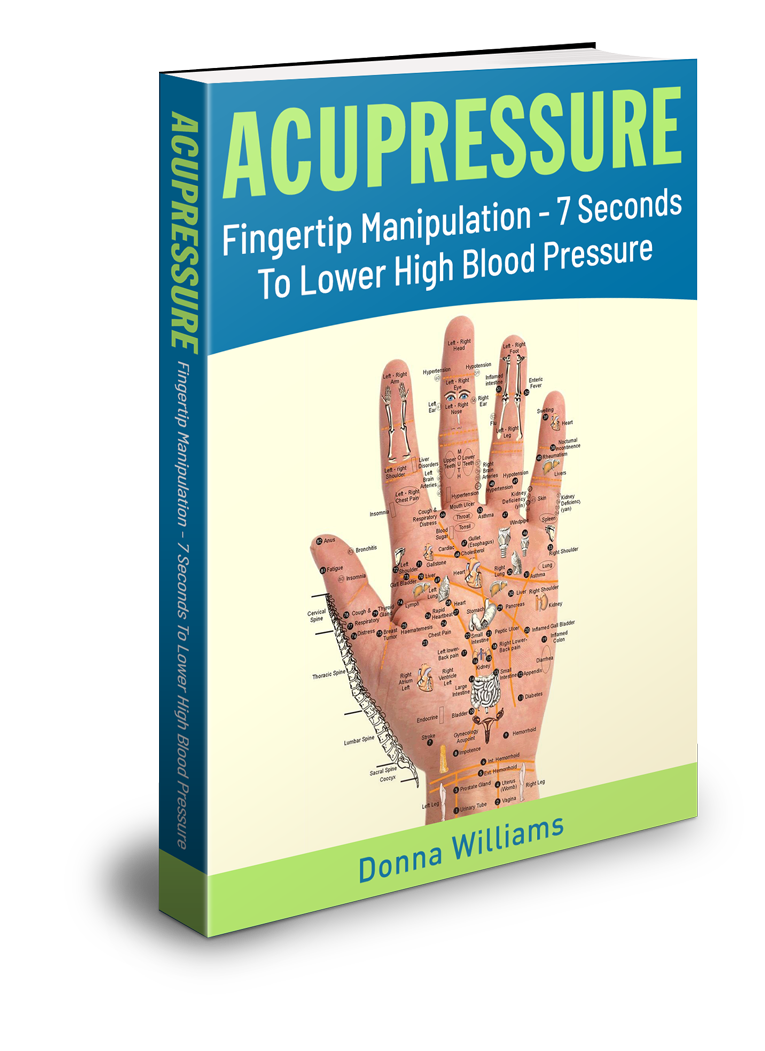Health is wealth, eat well to live well.
Join my community and receive my free ebook! Subscribe now >>
Hysterectomy And Your Heart
Disease Risk
Did you know that undergoing a hysterectomy and your heart disease risk increases? Hysterectomy or the removal of your uterus is the second most common surgery in women of color and of African heritage.
When the ovaries are also removed at this surgery it increases the risk of heart disease to premenopausal women even more.
Hysterectomy is usually performed to remove fibroids, and other women health issues. Me, a premenopausal woman with high blood pressure at the time, knew from experience that deciding to do a total hysterectomy can be a difficult decision.
Even with all the facts I was hesitant, since I already was diagnosed with high blood pressure, on medication and was experiencing difficult side effects from the treatment.
But, after the many problems of my fibroids pressing against my colon and experiencing many menstrual issues for three years, I gave in and did the surgery. It was the best decision for me.
To-date I am living a quality lifestyle with my high blood pressure under control and no heart disease.
Hysterectomy And Your Heart Connection

A Swedish study stated that premenopausal women that had a hysterectomy were more likely to die from heart disease or stroke. This they think is caused by the lack of estrogen, leading to unhealthy cholesterol levels.
Elevated levels of your total blood cholesterol increase your heart attack rates 2.4 times.
Your Blood Pressure
High blood pressure is just as dangerous as high cholesterol. With high blood pressure you are more than twice times more likely to also suffer a heart attack.
With over seven-five million people around the world afflicted with this disease, it's a major cause of atherosclerosis, death and disability through stroke, and other hypertensive diseases such as kidney failure.
Having your blood pressure monitored regularly, as a precaution, is a wise decision, especially if you are between the ages of twenty and fifty.
What Is A Hysterectomy?
Hysterectomy is a surgery that removes a woman's uterus or womb. Your whole uterus or just part of it may be removed. Partial removal of your uterus means only the upper part of your uterus is removed and your cervix is left in place.
Removing your whole uterus means the whole uterus and your cervix are removed. Or your doctor may decide to remove your fallopian tubes and ovaries.
During my first surgery I only removed my uterus. With my ovaries still intact, I had heart disease protection.
Your ovaries produce eggs and hormones otherwise known as estrogen. This hormone promotes healthy cholesterol levels.
- Once the ovaries are removed the risk for women and high blood pressure increases.
- When only your uterus is removed, your risk for cardiovascular disease increases three times greater.
- If your ovaries are removed then your risk for heart disease jumps up seven times greater.
So be very informed about hysterectomy and your heart disease risk.
Women And Their Estrogen Levels
Women's estrogen levels drop sharply once their ovaries are removed. The body respond to the sudden hormonal shock like a woman experiencing the rapid onset of menopausal symptoms.
These symptoms include hot flashes; over a period of time weakened bones, higher rates of heart disease, and reduced testosterone levels.
What Are Your Options?
A hysterectomy may be the only way to treat your health issues, but you should talk with your doctor about less drastic surgical procedures. Here are some questions to ask:
- What is causing my health issues?
- Are there other treatment options.
- What are the risk and benefits of those treatment options?
- Think about getting a second opinion from another doctor.
If the time comes for you to do a hysterectomy, do you know what's right for you?
Get all the facts on hysterectomy and your heart disease risk, then you and your doctor can make the decision that is right just for you.
At What Age Did You Go Into Menopause?
How are you managing your menopausal reactions? Are you taking any hormonal treatment and if so what are the side effects? Also how is your menopause affecting your high blood pressure?
Tell us your menopausal story.
Return From Hysterectomy And Your Heart To Women And High Blood Pressure





New! Comments
Have your say about what you just read! Leave me a comment in the box below.